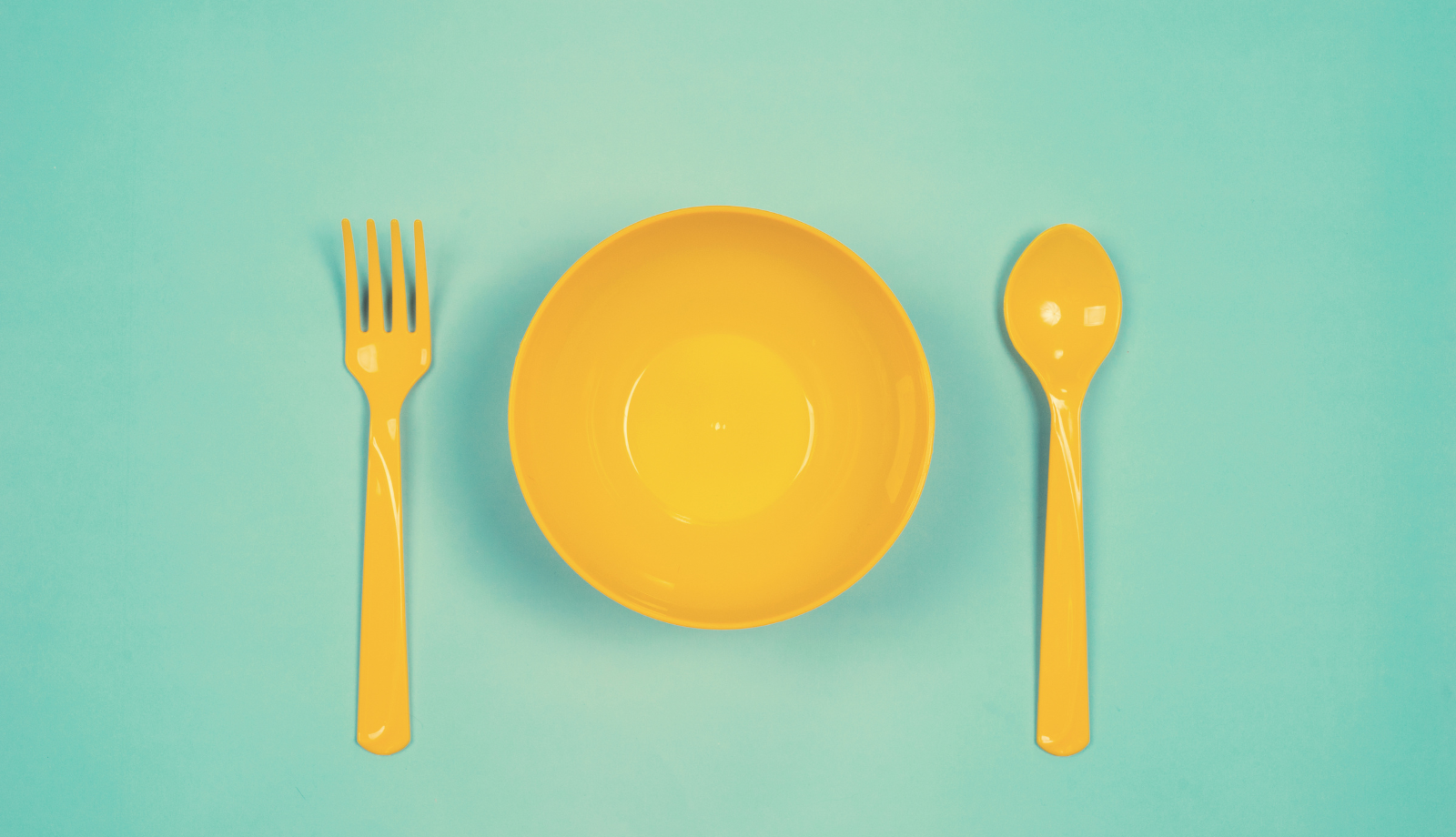It is estimated 33-45% of Australian adults don’t get enough good quality sleep. What do the health implications look like for those who don’t get enough sleep?
Nothing beats the feeling of waking up after a good night’s sleep, full of energy ready to take on whatever the day has in store for you! Stress feels more manageable, and the thought of doing some exercise doesn’t fill you with dread.
Unfortunately the number of people not reaping the rewards of healthy sleep is increasing. Long working hours, family responsibilities and the burden of chronic stress result in a lack of sleep for many people. Without restorative sleep, health is greatly impacted.
Good quality sleep is essential for human health. It’s a chance for your body and brain to rest and recover from the day’s events. Your breathing and heart rate slow down, the level of the stress hormone cortisol drops, and the hormones controlling your appetite are normalised1.
You can feel the negative effects of a poor night’s sleep in your body and your brain’s ability to think clearly, even after a single night of tossing and turning.
Here are six ways a lack of sleep impacts your health.
1. Lack of sleep causes poor food choices
Diet is one of the most critical elements of good health. When healthy eating habits are compromised this may result in weight gain or loss, lack of energy, brain fog and even the ability to maintain a positive outlook.
If you struggle to fall asleep and stay asleep, there is a good chance your eating habits will be affected. Research suggests these changes may result from an imbalance in your hunger hormones, ghrelin and leptin. Ghrelin tells your body you are hungry; leptin is the signal for satiety2.
A lack of sleep brings about higher levels of ghrelin and lower levels of leptin, which can cause overeating. In addition you may be more sensitive to sight and smell of food and develop a preference for high-energy, processed foods full of fat and sugar.
2. Poor sleep reduces motivation and physical activity
Energy levels dip with lack of sleep, so does motivation for exercise. Why is it so hard to find motivation when you are tired?
Scientists have confirmed sleep deprivation impacts activity levels the following day. One study found people who battle with insomnia are less physically active and have lower cardiorespiratory fitness than those who routinely get a good night’s rest3.
A small research study testing the hypothesis ‘a lack of sleep causes reduced physical activity’ divided participants into two groups: Those in the first group were allowed to sleep for 8.5 hours, and those in the other group could only sleep for 5.5 hours. They found when sleep was restricted, participants became more sedentary. They observed a 31% drop in the number of daily activities and a 24% drop in the time spent doing moderate to vigorous physical activity4.
Although a lack of sleep may be a potential explanation for lack of motivation to exercise regularly, regular exercise is essential for good health and for better sleep. If you want to sleep better and achieve good health, working on motivation is critical.
3. Not getting enough sleep greatly impacts mood
Feeling grumpy, irritable and even depressed, could be due to not getting enough restorative rest overnight.
It is estimated 33-45% of Australian adults don’t get enough good quality sleep5. And 20% of Australians live with mental health problems such as depression and anxiety6. Could there be a link between a lack of sleep and poor mental health?
A study was published in 2021 examining the ‘Effect of Inadequate Sleep on Frequent Mental Distress’. Researchers analysed the responses of 437,436 participants who answered a telephonic questionnaire assessing ‘risk behaviours and preventive behavioural health practices among adult US residents’. The results showed participants with inadequate sleep were three times more likely to experience frequent mental distress7.
4. Inadequate sleep lowers energy levels
Feeling sleepy the next day after lying in bed staring at the ceiling all night is to be expected. In addition it can also feel like everything requires a greater effort. Scientists suspect sleep deprivation interferes with your body’s arousal mechanism8.
When you don’t get enough sleep, there is an inadequate energy supply to power arousal and perceptual processes, motivation and effort. There may also be a loss of energy resources as the body isn’t able to store as much energy as it usually would during the night.
This combination means just getting out of bed in the morning can be challenging, and therefore greatly impact productivity and motivation for the day’s activities.
5. Not getting enough sleep increases stress
The effects from lack of sleep can be stressful, adding to an already demanding lifestyle. In addition, sleep deprivation alters the way our body responds to stress.
The hormone cortisol is released in response to stressful situations, preparing the body to fight or flee. Levels rise and fall throughout the day, with the peak usually taking place at the end of sleep, just before waking. Cortisol levels drop steadily throughout the day, reaching its lowest level when it’s time to go to bed.
Research shows when you consistently battle to get a good night’s sleep, you have lower levels of cortisol in the morning and a higher level in the late afternoon9.
Studies have shown adults who get less than the recommended 8 hours of sleep per night are more likely to experience stress-related symptoms. The most commonly reported signs of stress linked to a lack of sleep include10:
- Feeling irritable or angry
- Feeling overwhelmed
- Lack of interest in normally enjoyable activities
- Lack of motivation
- Lack of energy
- Losing patience with your children and partner
- Skipping exercise
6. An increased risk of chronic disease with not enough sleep
The short term effects from lack of sleep are frustrating and disrupt life. Prolonged lack of sleep leads to sleep deprivation having long term health consequences. A study examining ‘The Global Problem of Insufficient Sleep and Its Serious Public Health Implications’ stated a lack of sleep disrupts the body’s processes11.
The result is an increased risk of:
- Cardiovascular disease
- Type 2 diabetes
- Obesity
- Declining cognitive function
- Depression
There is no denying 8 hours of quality sleep improves physical and mental health and provides the energy required to battle the demands of the day efficiently and calmly.
If there is insufficient sleep it becomes a challenge to make healthy food choices, lack of motivation resulting in lack of physical exercise occurs, depression and anxiety may become a problem, energy levels drop, stress levels rise, and chronic diseases may develop.
A consistently good night’s sleep can TRANSFORM your life and potentially SAVE your life!
Master your sleep in just 5 days with the Unstress Health 5 Days to Better Sleep Program. A results-driven program designed by experts and delivered over 5 days.
References
- What Happens When You Sleep: The Science of Sleep | Sleep Foundation [Internet]. Sleep Foundation. 2009 [cited 2022 Sep 2]. Available from: https://www.sleepfoundation.org/how-sleep-works/what-happens-when-you-sleep
- Frank S, Gonzalez K, Lee-Ang L, Young MC, Tamez M, Mattei J. Diet and Sleep Physiology: Public Health and Clinical Implications. Frontiers in Neurology [Internet]. 2017 Aug 11 [cited 2022 Sep 3]; Available from: http://dx.doi.org/10.3389/fneur.2017.00393
- Strand LB, Laugsand LE, Wisløff U, Nes BM, Vatten L, Janszky I. Insomnia Symptoms and Cardiorespiratory Fitness in Healthy Individuals: The Nord-Trøndelag Health Study (HUNT). Sleep [Internet]. 2013 Jan [cited 2022 Sep 3];(1):99–108. Available from: http://dx.doi.org/10.5665/sleep.2310
- Bromley LE, Booth JN, Kilkus JM, Imperial JG, Penev PD. Sleep Restriction Decreases the Physical Activity of Adults at Risk for Type 2 Diabetes. Sleep [Internet]. 2012 Jul [cited 2022 Sep 3];(7):977–84. Available from: http://dx.doi.org/10.5665/sleep.1964
- Adams RJ, Appleton SL, Taylor AW, Gill TK, Lang C, McEvoy RD, et al. Sleep health of Australian adults in 2016: results of the 2016 Sleep Health Foundation national survey. Sleep Health [Internet]. 2017 Feb [cited 2022 Sep 3];(1):35–42. Available from: http://dx.doi.org/10.1016/j.sleh.2016.11.005
- Mental health | Australian Bureau of Statistics [Internet]. Australian Bureau of Statistics. [cited 2022 Sep 3]. Available from: https://www.abs.gov.au/statistics/health/mental-health
- Blackwelder A, Hoskins M, Huber L. Effect of Inadequate Sleep on Frequent Mental Distress. Preventing Chronic Disease [Internet]. 2021 Jun 17 [cited 2022 Sep 3]; Available from: http://dx.doi.org/10.5888/pcd18.200573
- Engle-Friedman M. The effects of sleep loss on capacity and effort. Sleep Science [Internet]. 2014 Dec [cited 2022 Sep 3];(4):213–24. Available from: http://dx.doi.org/10.1016/j.slsci.2014.11.001
- Nollet M, Wisden W, Franks NP. Sleep deprivation and stress: a reciprocal relationship. Interface Focus [Internet]. 2020 Apr 17 [cited 2022 Sep 3];(3):20190092. Available from: http://dx.doi.org/10.1098/rsfs.2019.0092
- Stress and Sleep [Internet]. American Psychological Association. 2013 [cited 2022 Sep 3]. Available from: https://www.apa.org/news/press/releases/stress/2013/sleep
- Chattu V, Manzar Md, Kumary S, Burman D, Spence D, Pandi-Perumal S. The Global Problem of Insufficient Sleep and Its Serious Public Health Implications. Healthcare [Internet]. 2018 Dec 20 [cited 2022 Sep 3];(1):1. Available from: http://dx.doi.org/10.3390/healthcare7010001





